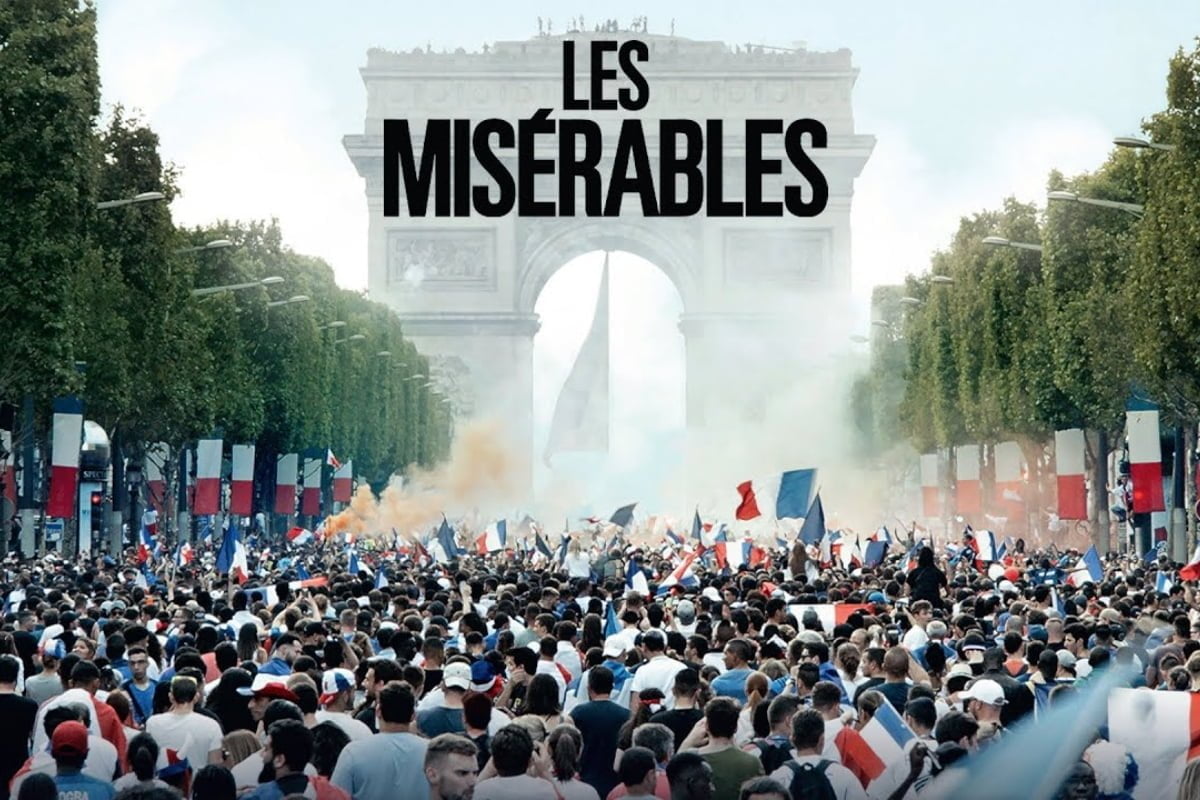Echoing the famous novel by Victor Hugo, new French film ‘Les Misérables’ highlights the revolutionary energy amongst the working-class youth in the banlieues of Paris. It is a call to arms to get organised and fight the system.
Les Misérables is a new film by French director Ladj Ly. Whilst consciously referencing the famous book of the same name, this is a completely unrelated story set in contemporary France.
Having said that, the film is set in the exact same suburb of Paris as the original novel. The purpose of this is to make it clear that – as one of the characters says – “not much has changed”.
In other words, this is still a poor part of France; and we still live in an unjust and restless society. In fact, this film is one of the most brazenly revolutionary films released in a long, long time.
Cynical peace
 The story is based on real events of police brutality witnessed by the director in 2008. The film has an extremely realistic feel. It is tense, fast paced and action packed.
The story is based on real events of police brutality witnessed by the director in 2008. The film has an extremely realistic feel. It is tense, fast paced and action packed.
The modern Les Mis follows three cops who patrol a formerly dangerous banlieue. As we follow their patrols, we realise that this area’s problems have not been resolved. Instead, they have only been suppressed by the collaboration of the police and various ‘community leaders’, who have an interest in keeping the peace so as to make money.
One such community leader – with more sympathy for the youth than his peers – provides the best line of the film, when arguing against the capture of a lion for a local circus:
“Why should I help you recapture a lion? A lion represents power and pride. He is wise and can feed himself. A lion only needs to be fed by humans because you have created artificial circumstances of constraint.”
This is an unwitting metaphor for the role not only of the police, but also the hypocritical ‘community leaders’, who conspire to hold down the working-class youth and maintain the status quo.
This cynical peace is on the edge of being broken by the actions of a reckless child and the far greater recklessness of the police. The latter and their friends, therefore, can think of nothing but saving their skins and preventing a riot.
Rallying cry
Normally, ‘socially conscious’ dramas stop short of an overtly revolutionary message. Instead, in the end, they preach moderation and reconciliation. Without revealing any plot spoilers, we can say for certain that there is no such message here.
As a result, this film captures the revolutionary energy and potential of a new global generation – one sick to death of the injustices, hypocrisy, and inequality that surrounds them.
Les Misérables is a rallying cry for the revolutionary youth to get organised; to rely only on the strength of their own class; and therefore to take matters into their own hands.






